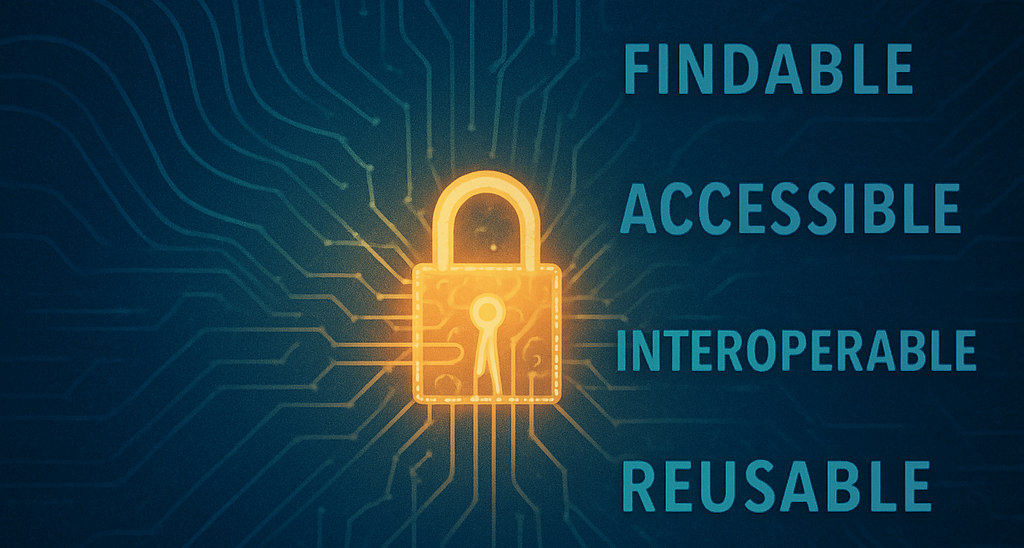Together with my colleagues Theo Araujo and Laura Boeschoten, NWO has awarded us a new grant for our project entitled RIGHTS – Responsible Implementation of Gathering, Handling, and Treating Sensitive Individual Digital Traces. Normally, you will find that my work focuses on media effects and the psychological processes that predict and explain these effects – so this project might seem a bit “on the fringe”. But, as a digital society scholar, this actually fits right in my wheelhouse as I’m often leaning into new methods to understand how I can answer these larger media psychology questions.
Last year, one of my PhD candidates (Rebecca Wald), conducted a data-donation study with families – asking them to donate their smart speaker data to us so that we could better understand how youth interact with these devices in their daily lives. There were (many) challenges to setting up and executing the data collection – including how do I FAIRly share this data after? As a practitioner of open science, I believe in making my data accessible. At the same time, my participants have a right to privacy – and sometimes the open science movement can unintentionally clash with that right due to infrastructure limitations. This is especially true of digital trace data. Because of this sensitivity, rather than open data, the data can become closed off in local archives of universities. Theo, Laura, and I seek to change that. Through RIGHTS, we plan to leverage the power of the Dutch National Research Infrastructure to ensure that these datasets are made FAIR – Findable, Accessible, Interoperable and Reusable in an ethical and privacy-protecting manner. This work directly aligns with my work on the ODISSEI Management Board and, I hope, will nudge us forward on finding ways to ensure that sensitive data can be fair data, too.
